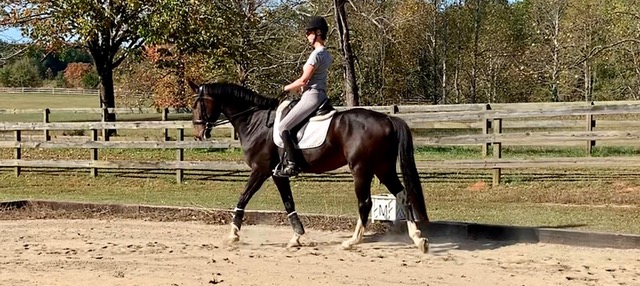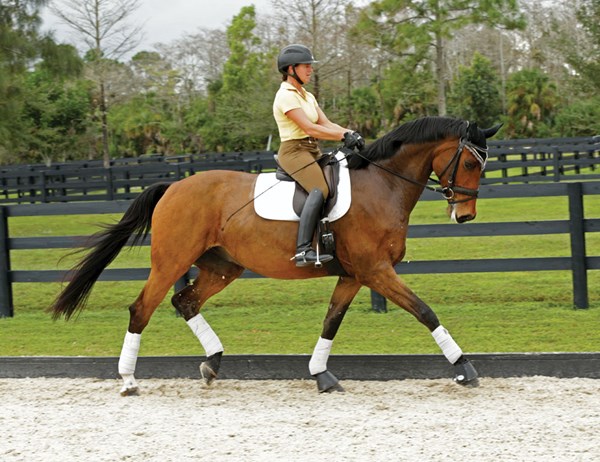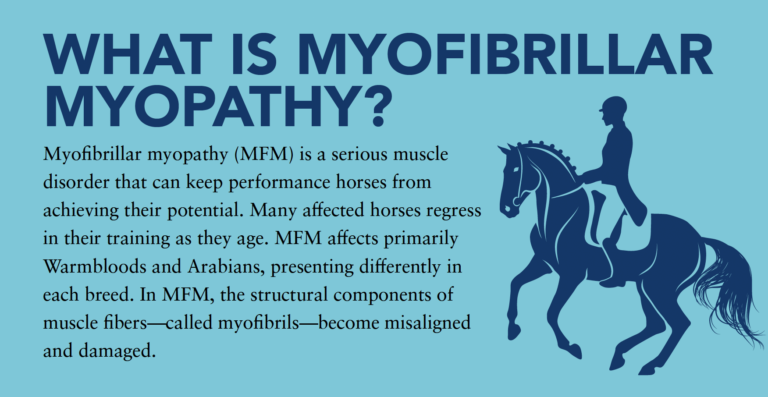In researching the horses of the Dominican Republic (on the island of Hispaniola), I did not come up with a clear answer. Some sites told me that the Paso Fino originated in the Dominican Republic, thanks to Christopher Columbus:
As early as on his second journey in 1493 Christopher Columbus brought 20 stallions and 5 mares to the island of Hispaniola (known as the Dominican Republic and Haiti today) as founding stock for the first stud farm. It is quite doubtful that these horses were the fiery and famous ancestors of all Latin American horses: Christopher Columbus didn’t know much about horses and preferred a mule for his personal riding mount. Nevertheless, the stud farm in Santo Domingo later became the center of the Spanish conqistadors when they needed horses for their conquests, for, in 1500 sixty Spanish brood mares had safely arrived on Hispaniola, thus, breeding could be done at a larger scale.
However, some important sources fail to mention Hispaniola at all – they identify Puerto Rico and Mexico as the birthplace of these horses in the Americas.
I am not sure I have found out much more than I knew before, but at least it is interesting to imagine that hundreds of years ago, Columbus might have been bringing the sires of the Paso Fino breed to Santo Domingo – as we sit, eating dinner across the street from La Casa de Diego Columbus.











